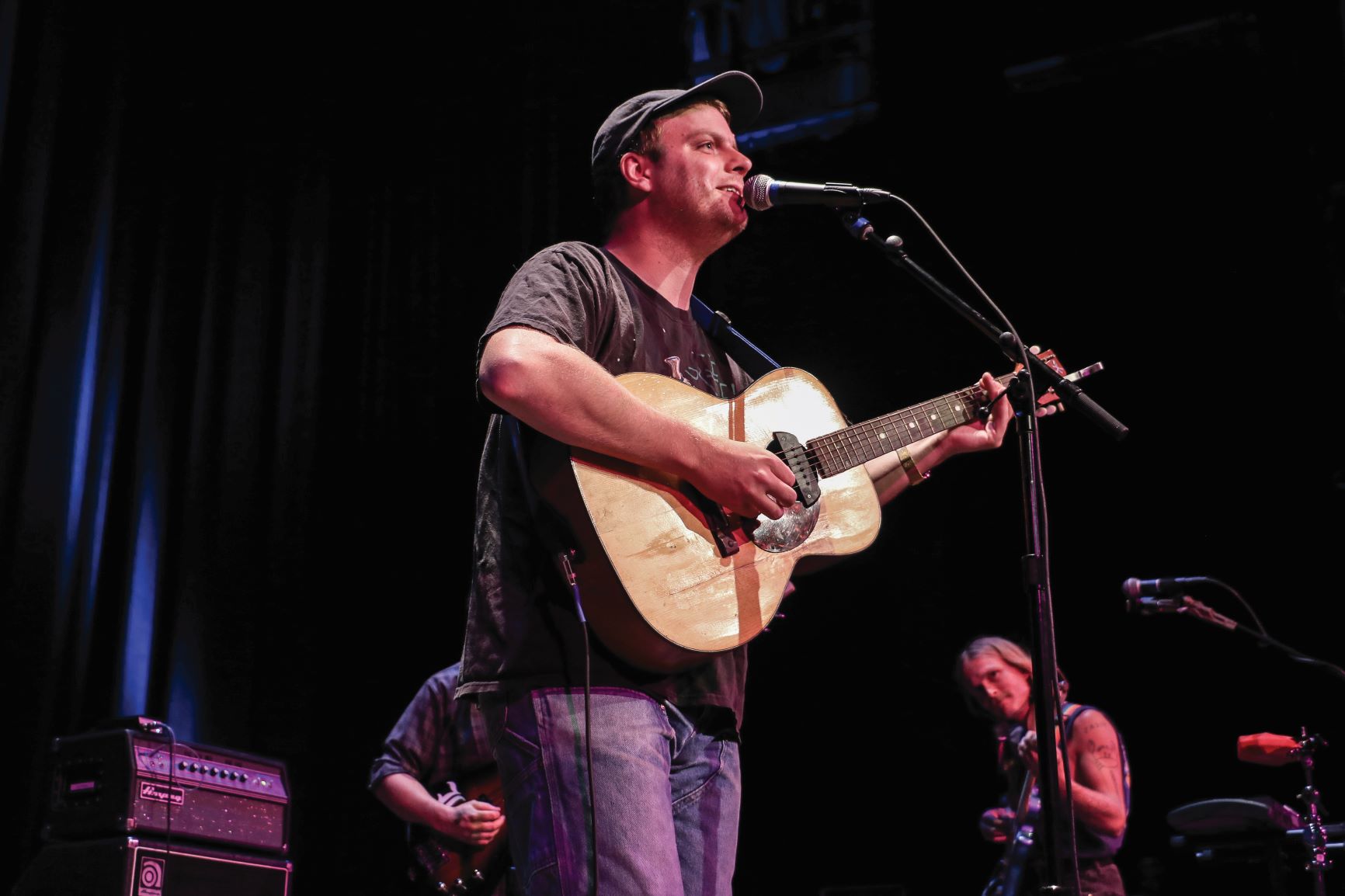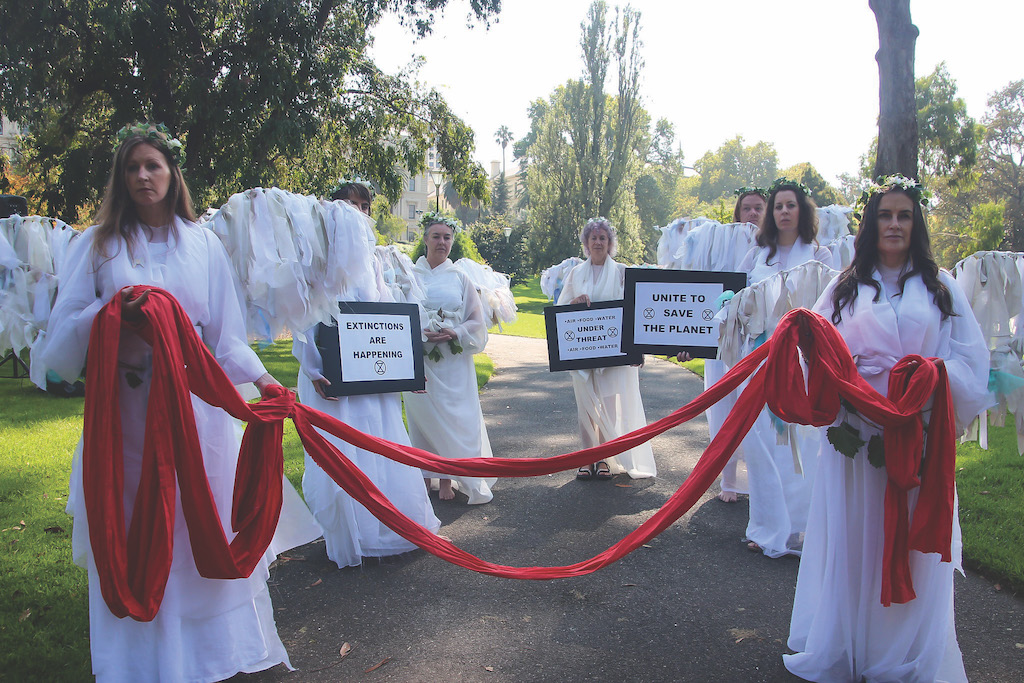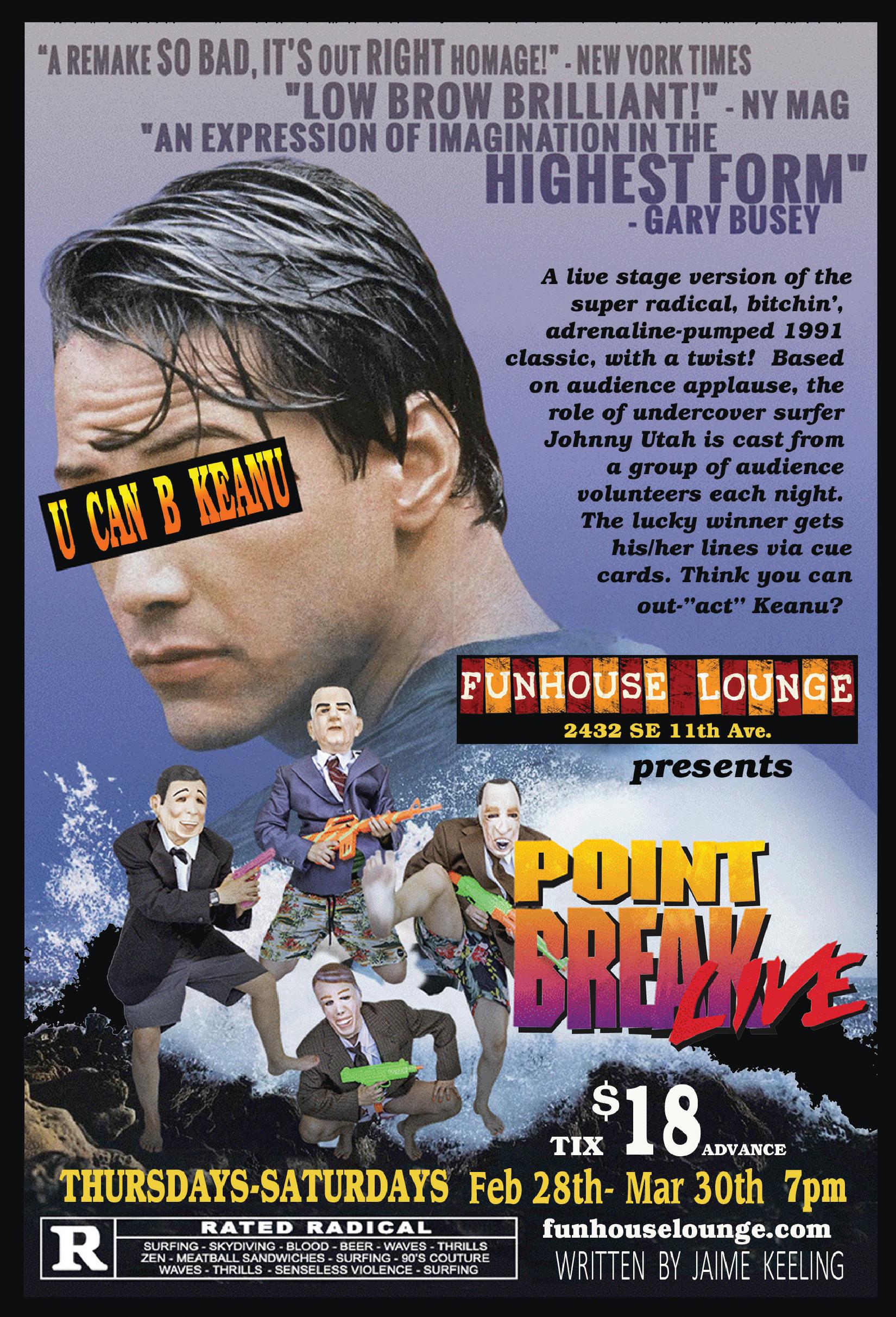Festivals can’t be truly revolutionary until they make an effort to include the young adults they claim to target.
As a young person, it can feel like every corner of social media is begging you to pick a festival and go. However, as festivals aim to make themselves larger and more fantastic, the financial aspect of festival-going becomes more unattainable. You’re much more likely to see supermodels and trust-fund kids posting festival selfies than you are your partner from biology class.
For the past 50 years, festivals have become culturally significant. They decide what artists and fashion styles are cool as well as bring wealth and relevance to their locations. In the months before festival season, Instagram is filled with paid advertisements and posts from all the biggest musical artists attending every festival under the sun.
It’s not clear what exactly Woodstock 50 will be or if it will be anything at all. According to their website, the festival is still on. “Our intention holds firm,” the front page reads. “We’re in this together.” The countdown runs on the bottom of the page, promising a festival in August. Yet they still lack the proper funding after backer Amplifi Live decided to pull support. With Woodstock up in the air, Coachella right behind us and Fyre Festival forever in our hearts, it’s as good a time as ever to think about the festival myth.
One would think that after Fyre Festival, organizers have realized they must take their time and prioritize the basics: food, location, performers and safety. For some festivals, this comes easily. Long-time giants Coachella and Lollapalooza have set locations they’ve used every year since their beginnings and both have world-class food options. For others, though, not so much. Fyre is the prime example: Putting together a festival is more difficult than it looks, especially if it doesn’t have the good will of the locals or its target audience on its side.
Even if the big names don’t drop the ball, does it actually make them worth the price? A weekend at Coachella costs $554 for a general pass plus a camping spot. Sure, you’re seeing all the biggest musical acts, but the campsite isn’t exactly luxury as the “site” is more like a glorified parking spot. This doesn’t even include food, which tends to be expensive, or travel. $554 is a significant expense for most young people, and yet that same demographic is the realistic target audience for these sorts of events. So why isn’t more being done to bring us in?
This is a problem Woodstock 50 actually attempted to fix. When the festival was announced, the original plan was to offer discounted tickets to “college students between 18–25 years of age” before anyone else. Unfortunately, as planning for the event has gone downhill this promise has fallen by the wayside. With funding on the rocks, it’s likely this offer is no longer on the table.
Festivals could be drawing young adults in if they’d have the courage to tone it down. Fyre went down in infamy because its creator had too many ideas. Coachella is expensive because they hire around 150 artists or more per year. Woodstock may be expensive because it will need to recoup the costs of the location and large lineup.
If festivals downsized their vision, the experience would be more attainable. Having 50 artists instead of 150 and having cheaper food booths instead of gourmet meals doesn’t make a festival any less important or fun—it just means more kinds of people can attend and partake in this cultural experience.
The original Woodstock in 1969 had 30 performers and technically provided the tickets for an $18 fee. Today that ticket price would equate to approximately $124.68, which is exceedingly lower than the average $200 festival ticket. This is still possible. Instead of making festivals a luxury event, it’s more revolutionary to go back to basics.
Music for the youth, by the artists we support, with only as much structure as we need to survive for a weekend is the ideal attainable festival. At the current rate, festivals will become so outrageous that only the uber-wealthy can go and new festivals will be unable to fund themselves. Woodstock 50 has been provided a chance to be something different. For the sake of young music lovers everywhere, I hope they choose to keep it simple.






